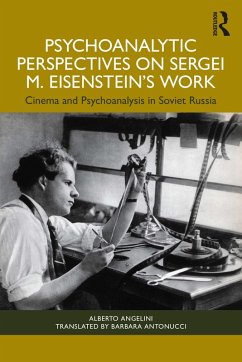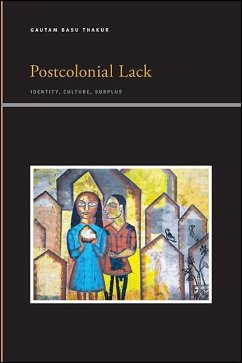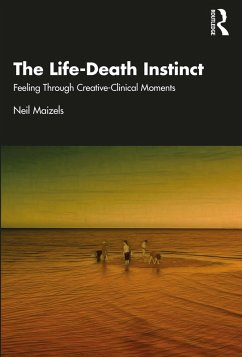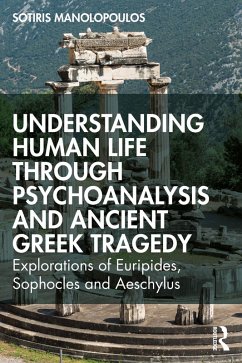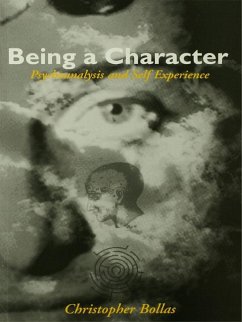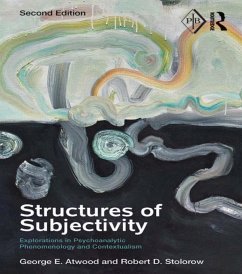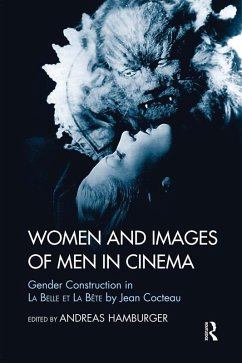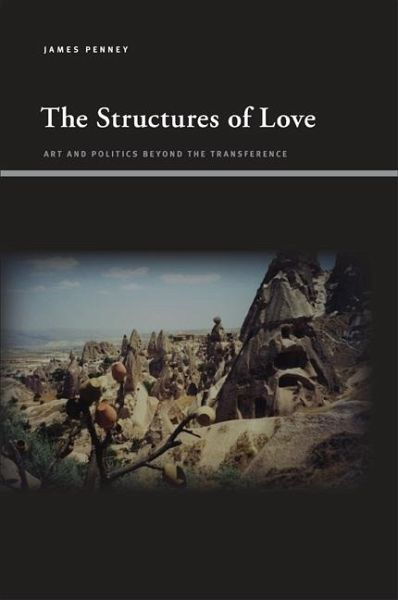
The Structures of Love (eBook, ePUB)
Art and Politics beyond the Transference
Versandkostenfrei!
Sofort per Download lieferbar
25,95 €
inkl. MwSt.
Weitere Ausgaben:

PAYBACK Punkte
13 °P sammeln!
Reframes the terms of cultural analysis with a fresh take on transference theory in Freud and Lacan and a critical engagement with the philosophy of Alain Badiou.Both Freud and Lacan defined the transference as the ego's last stand-its final desperate attempt to keep the truth of the unconscious at bay. Both also viewed the transference as a social phenomenon.In The Structures of Love James Penney argues that transference is the concept with which psychoanalysis thinks through the unconscious demands that circumscribe and can sabotage our creative initiatives in the arts and politics. Penney s...
Reframes the terms of cultural analysis with a fresh take on transference theory in Freud and Lacan and a critical engagement with the philosophy of Alain Badiou.
Both Freud and Lacan defined the transference as the ego's last stand-its final desperate attempt to keep the truth of the unconscious at bay. Both also viewed the transference as a social phenomenon.
In The Structures of Love James Penney argues that transference is the concept with which psychoanalysis thinks through the unconscious demands that circumscribe and can sabotage our creative initiatives in the arts and politics. Penney suggests a method of cultural analysis that enables us to identity the transformative potential of genuine artistic and political acts. He stages a dialogue between Lacan's psychoanalysis and the philosophy of Alain Badiou; includes chapters on Frantz Fanon and Jean Genet, Chantal Akerman and Lucien Freud; and explores the aesthetic, political, and ethical consequences of the transference idea, pushing it into exciting new territory.
Both Freud and Lacan defined the transference as the ego's last stand-its final desperate attempt to keep the truth of the unconscious at bay. Both also viewed the transference as a social phenomenon.
In The Structures of Love James Penney argues that transference is the concept with which psychoanalysis thinks through the unconscious demands that circumscribe and can sabotage our creative initiatives in the arts and politics. Penney suggests a method of cultural analysis that enables us to identity the transformative potential of genuine artistic and political acts. He stages a dialogue between Lacan's psychoanalysis and the philosophy of Alain Badiou; includes chapters on Frantz Fanon and Jean Genet, Chantal Akerman and Lucien Freud; and explores the aesthetic, political, and ethical consequences of the transference idea, pushing it into exciting new territory.
Dieser Download kann aus rechtlichen Gründen nur mit Rechnungsadresse in A, D ausgeliefert werden.




